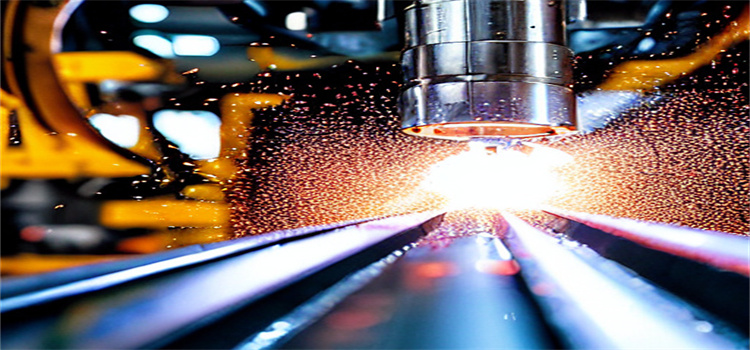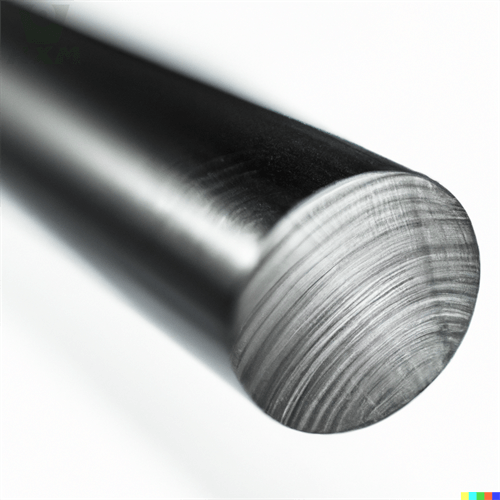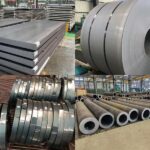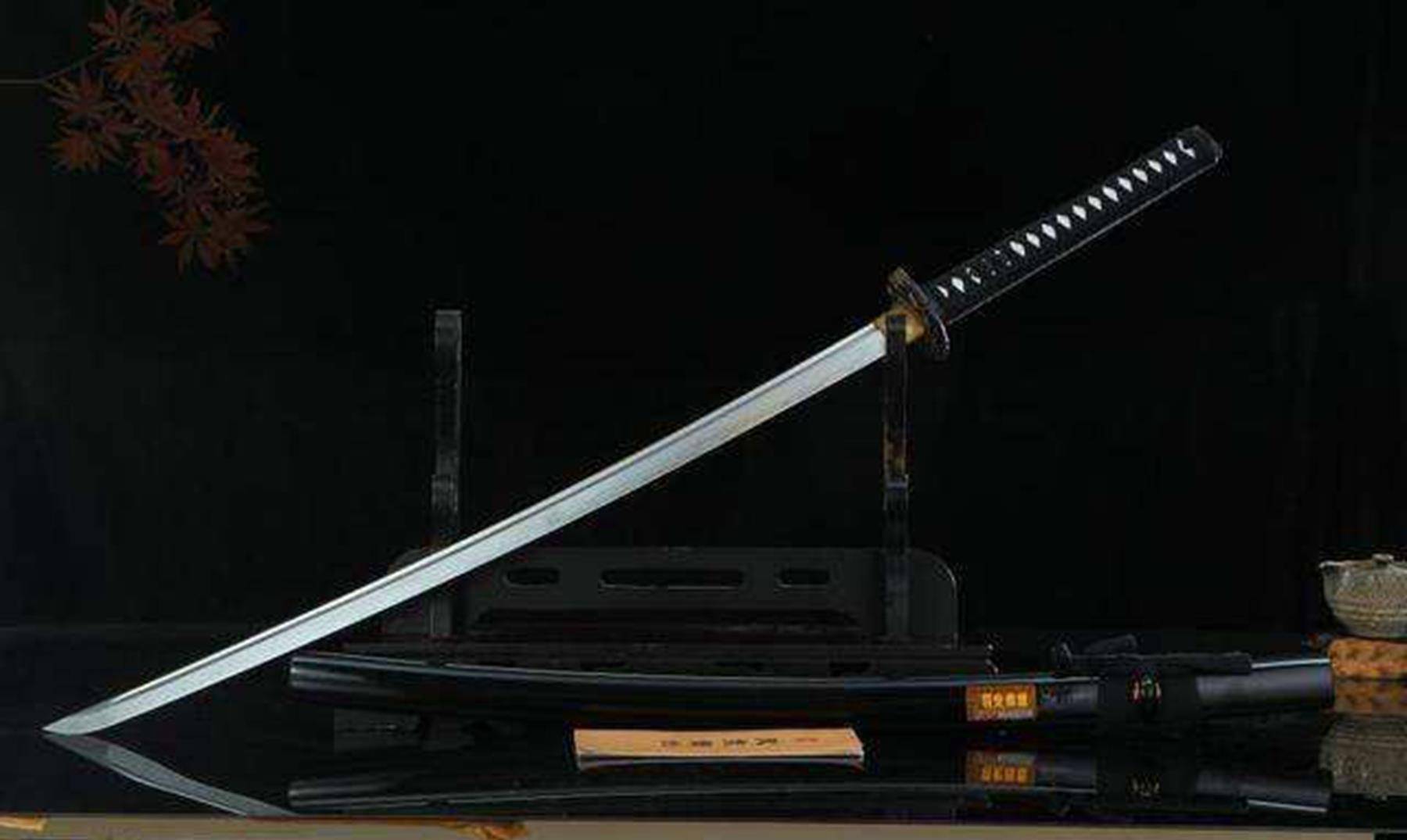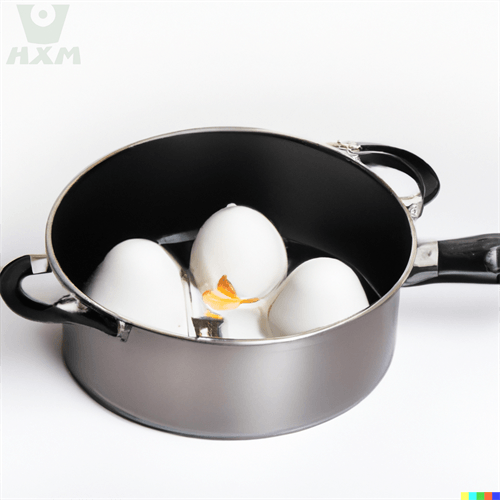Knowledge: Is Carbon Steel Magnetic?
As you hold a piece of carbon steel in your hand, you may wonder whether it’s magnetic or not. This is a common question among people who work with metal. From the magnetic pull of a refrigerator door to the smooth glide of a computer hard drive, magnetism plays a vital role in our daily lives. So, let’s explore the question: Is carbon steel magnetic? In this article, we will take a closer look at the properties of carbon steel, the factors that determine its magnetic behavior, and the practical applications of magnetic carbon steel.
So Is Carbon Steel Magnetic?
Yes, carbon steel can be magnetic depending on its composition and processing methods.
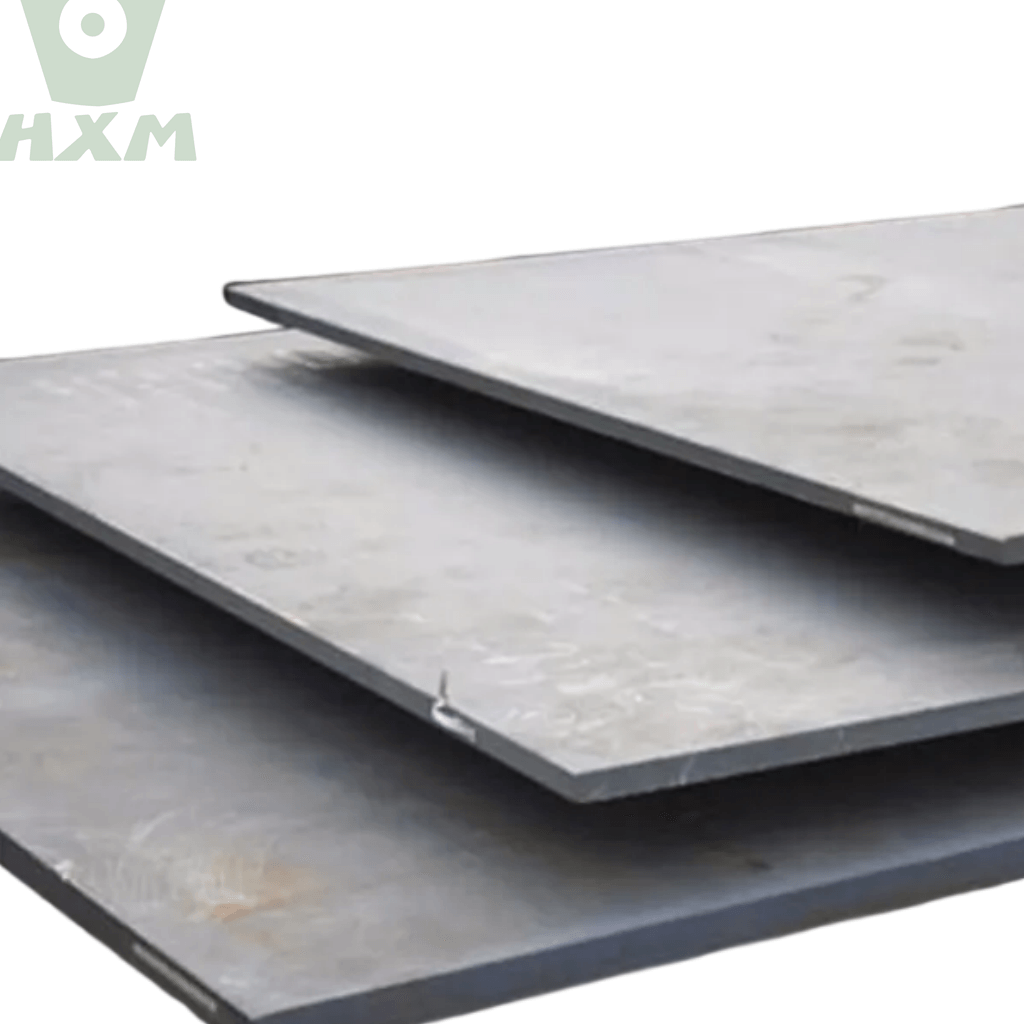
In this article, we will discuss this question from the following parts:
Contents
What are the differences between magnetic and non-magnetic carbon steel?
Carbon steel can be broadly classified into two categories: magnetic and non-magnetic. The primary difference between the two lies in their composition. Magnetic carbon steel contains iron, which makes it susceptible to magnetic forces. Non-magnetic carbon steel, on the other hand, has little to no iron content, making it non-responsive to magnetic fields.
This difference in composition also leads to different properties for the two types of carbon steel. Magnetic carbon steel is typically harder and more durable, making it suitable for use in high-stress applications like construction and engineering. Non-magnetic carbon steel, on the other hand, is often used in applications where corrosion resistance is critical, such as in the manufacturing of medical equipment.
It’s essential to note that not all carbon steel is magnetic, and the magnetic properties can vary depending on the specific type and the production process. For instance, some types of carbon steel, like 1018 and 1045, are mildly magnetic, while others, like 316 stainless steel, are non-magnetic.
In summary, the primary difference between magnetic and non-magnetic carbon steel lies in their composition and resulting properties. Magnetic carbon steel is harder and more durable, while non-magnetic carbon steel is corrosion-resistant. The magnetic properties of carbon steel can vary depending on the type and production process.
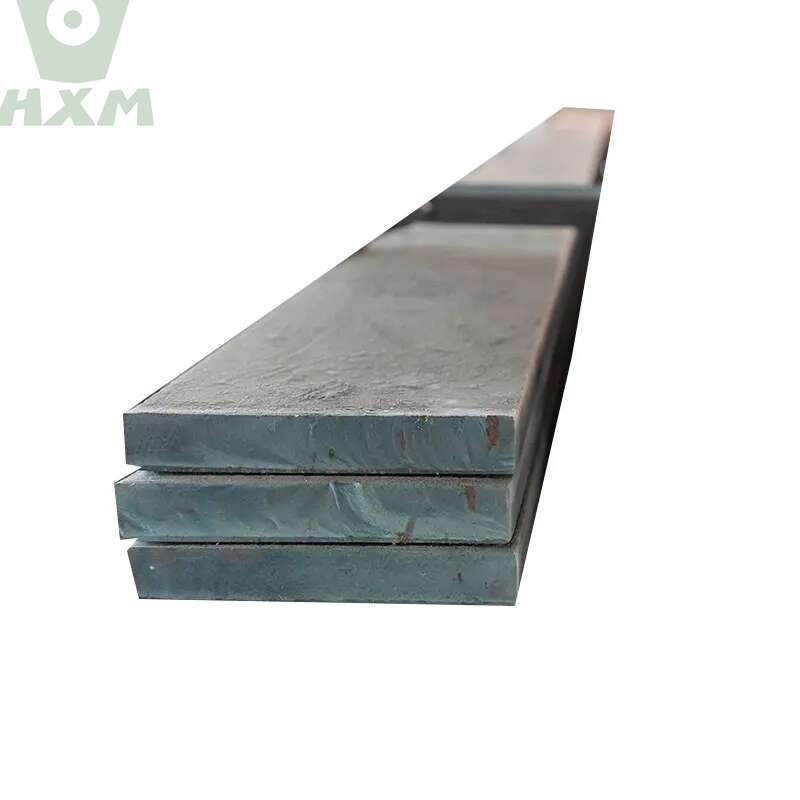
Can carbon steel become magnetic after undergoing certain treatments?
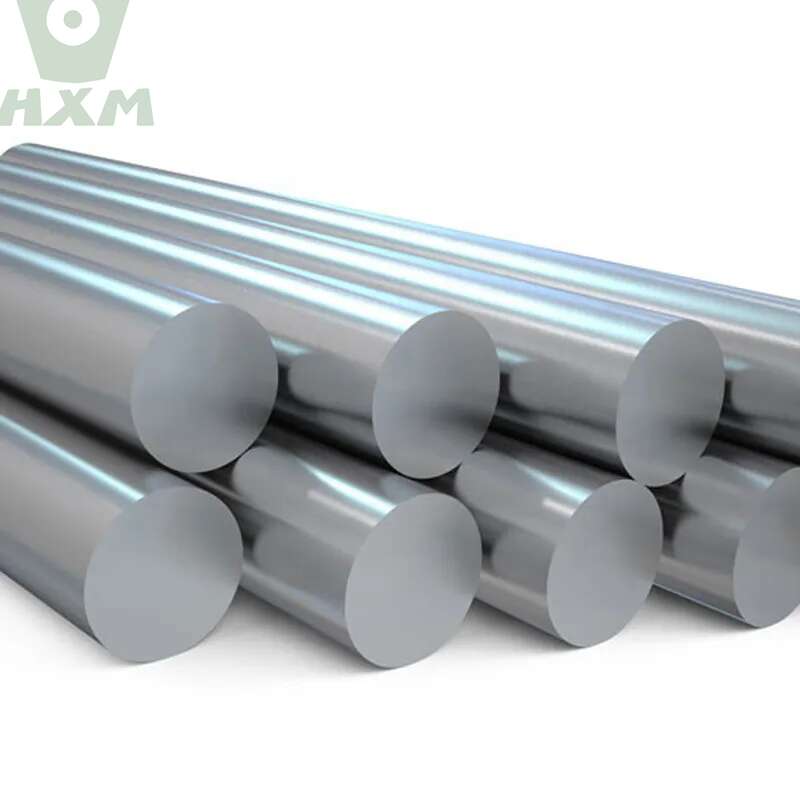
Yes, carbon steel can become magnetic after undergoing certain treatments.
One example is heat treatment, where carbon steel is heated to a high temperature and then cooled rapidly. This can cause the steel to undergo a phase change and become magnetic.
Additionally, mechanical stress can also induce magnetism in carbon steel.
However, it’s important to note that not all types of carbon steel can be magnetized, as this depends on the specific alloy composition and structure of the steel.
Magnetic properties can also vary depending on the strength and direction of the magnetic field applied to the steel.
What causes magnetism in carbon steel?
Magnetism in carbon steel can be caused by a variety of factors.
One common cause is the presence of iron, which is naturally magnetic. When carbon steel is exposed to magnetic fields, its iron molecules align in the direction of the field, causing the material to become magnetized.
Additionally, the carbon content of the steel can also impact its magnetic properties. High carbon content can lead to more magnetism, while low carbon content can reduce magnetism.
Other factors that can affect magnetism in carbon steel include temperature, pressure, and exposure to other magnetic materials.
Understanding the factors that contribute to magnetism in carbon steel can help engineers and manufacturers select the most appropriate materials for specific applications.
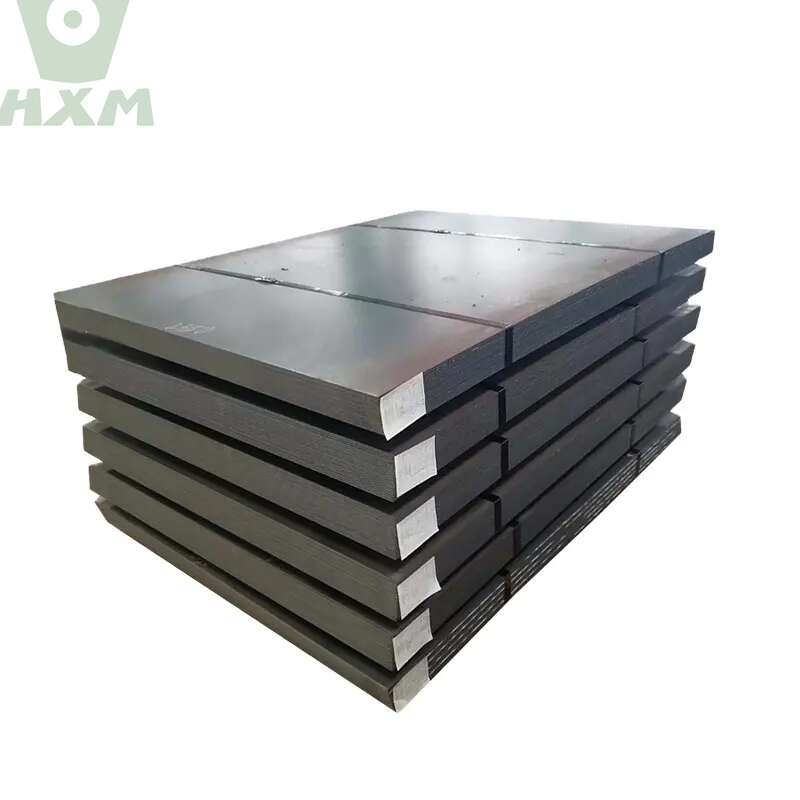
Is the magnetic property of carbon steel related to its strength or other mechanical properties?
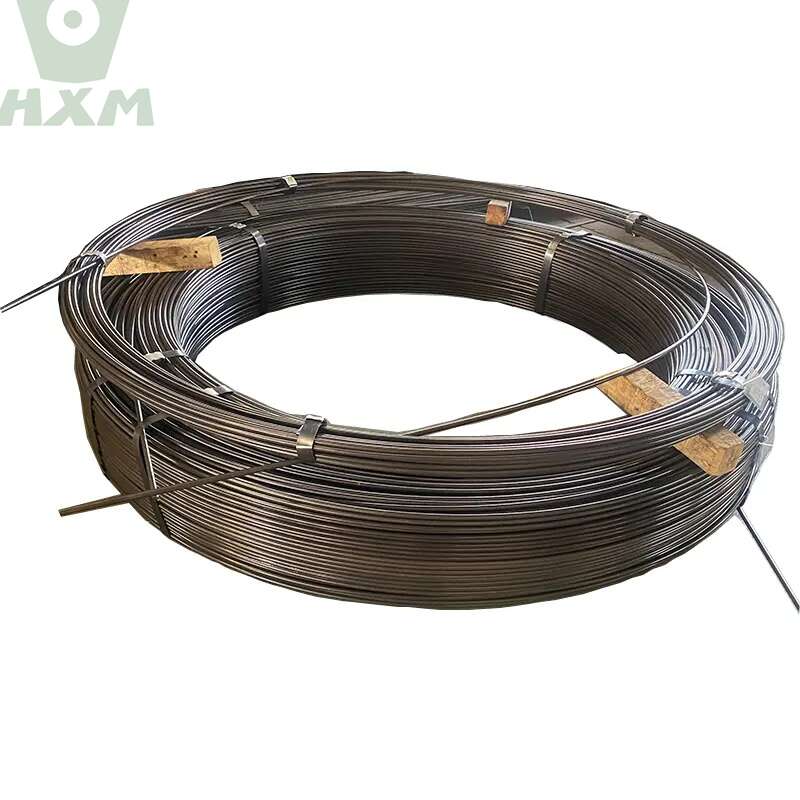
The magnetic property of carbon steel is not directly related to its strength or other mechanical properties. Instead, it is influenced by the composition and microstructure of the steel.
For example, the presence of certain elements such as nickel, chromium, and manganese can affect the magnetic behavior of carbon steel.
Additionally, the cooling rate during the steel’s formation can also play a role in determining its magnetic properties. It is important to note that the magnetic property of carbon steel does not necessarily correlate with its quality or performance in various applications.
Therefore, it is important to consider the specific requirements of the application when choosing a suitable type of carbon steel.
How does the magnetic property of carbon steel affect its use in different applications?
The magnetic property of carbon steel can have a significant impact on its use in various applications. For example, in some industries, such as the electronics industry, the presence of magnetic fields can cause interference or damage to sensitive equipment, and non-magnetic carbon steel is preferred.
On the other hand, in industries that involve magnetic technologies, such as the manufacturing of motors and transformers, magnetic carbon steel is essential.
Additionally, magnetic carbon steel can be useful in applications where it is necessary to identify and sort different materials using magnetic properties, such as in recycling facilities.
Ultimately, the magnetic property of carbon steel is just one of the many factors to consider when choosing the appropriate material for a specific application.
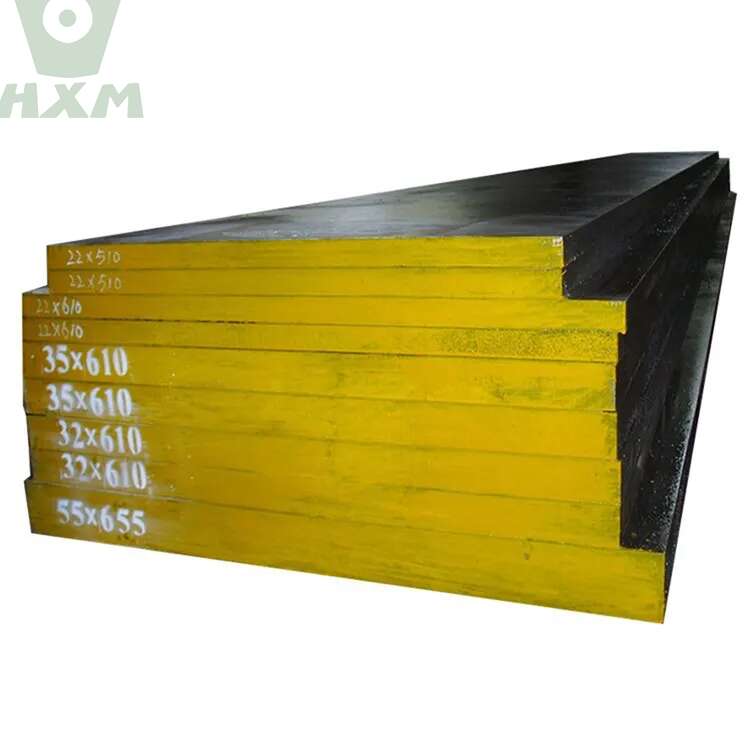
Can carbon steel with high magnetic properties be used in electrical applications?
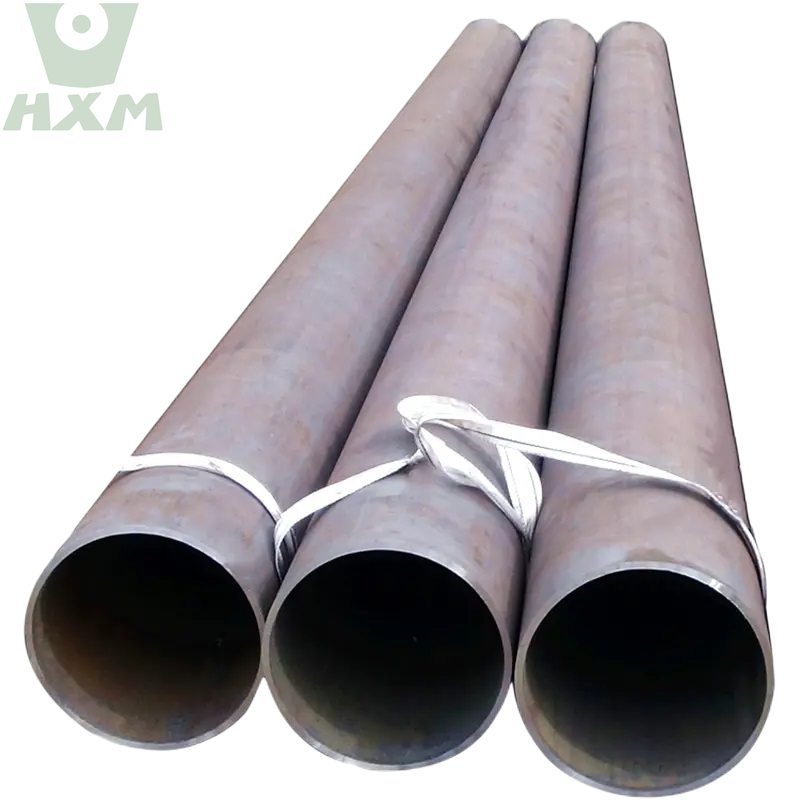
The magnetic properties of carbon steel can make it useful for some electrical applications.
For example, carbon steel with high magnetic permeability can be used in transformers and magnetic cores.
However, carbon steel with high magnetic properties may also experience magnetic hysteresis and eddy currents, which can result in energy loss and reduced efficiency in electrical applications.
Therefore, it is important to carefully consider the magnetic properties of carbon steel when selecting materials for electrical applications.
In general, carbon steel with lower magnetic properties may be preferred for electrical applications where reduced energy loss is important.
How can you test the magnetic properties of carbon steel?
There are different methods to test the magnetic properties of carbon steel.
One common method is to use a magnetic particle inspection, which involves magnetizing the material and then using iron oxide particles to detect any surface defects or cracks.
Another method is to use a magnetic field strength meter or gaussmeter to measure the magnetic field intensity of the steel.
Additionally, magnetic susceptibility measurements can be conducted to determine the magnetic behavior of the material. It is important to note that the testing method used may vary depending on the specific application and requirements.
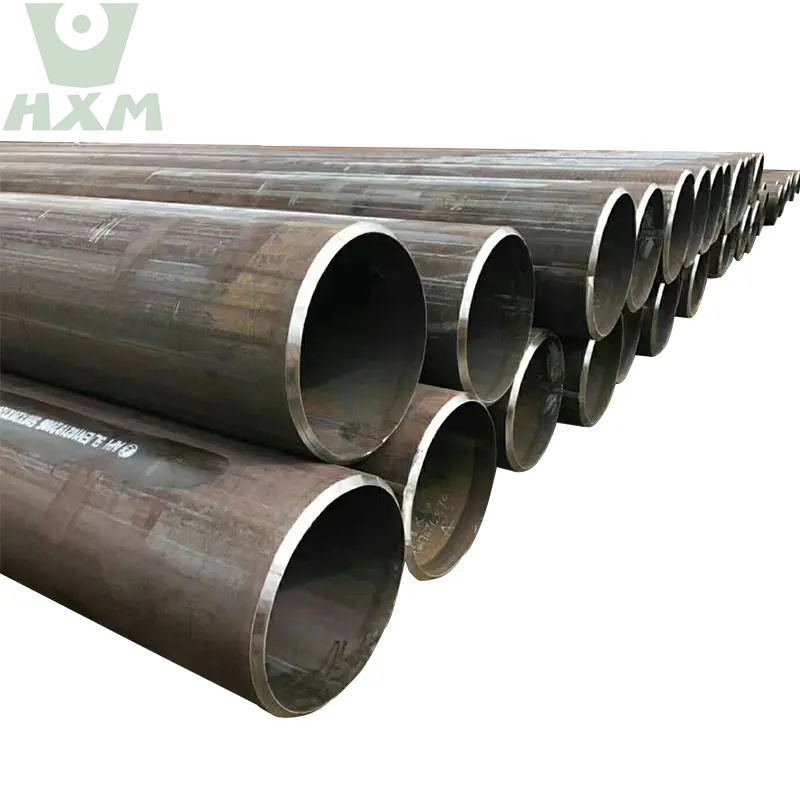
What other factors besides carbon content can affect the magnetic properties of carbon steel?
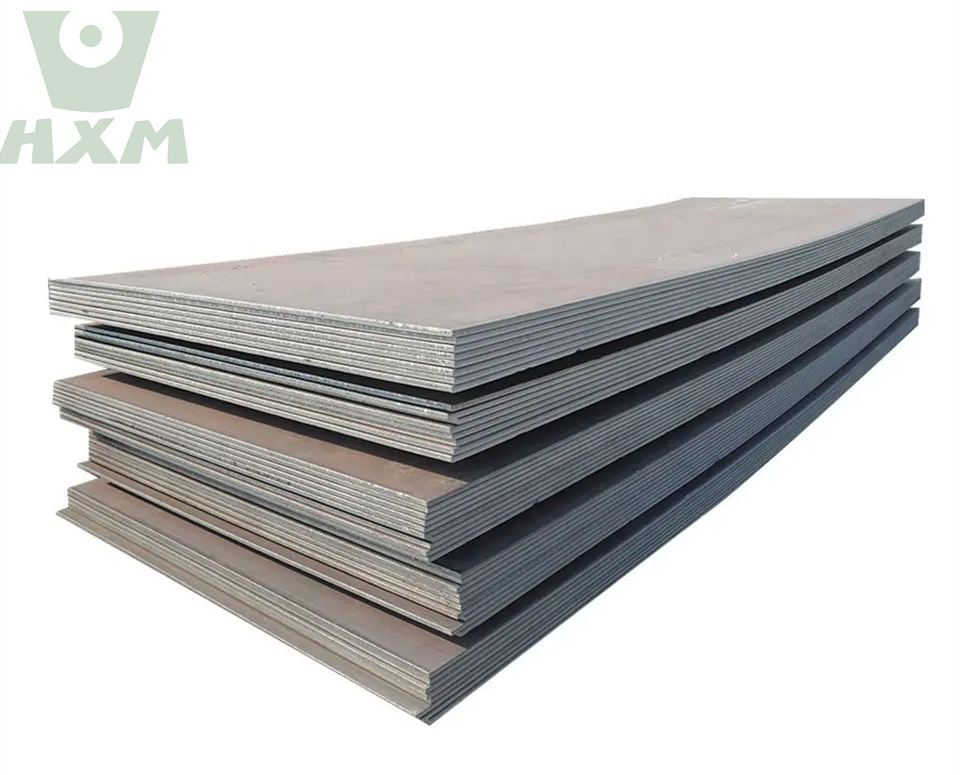
While carbon content is the primary factor influencing the magnetic properties of carbon steel, other elements can also impact its magnetic behavior.
For example, iron, nickel, and cobalt can enhance the magnetic strength of carbon steel. The crystal structure of carbon steel, specifically the presence of ferrite or austenite, can also affect its magnetic properties. Heat treatment and other processing methods can also influence the magnetic properties of carbon steel.
Understanding the effects of these factors on the magnetic behavior of carbon steel is essential in choosing the appropriate type of steel for specific applications where magnetic properties are important.
Request A Free Quote
We’d like to work with you
If you require further information about our metal sheet products or architectural projects, please don’t hesitate to leave your contact details and message here.
Our team of experts will respond within 24 hours to continue the discussion and provide you with any additional information you requires.

